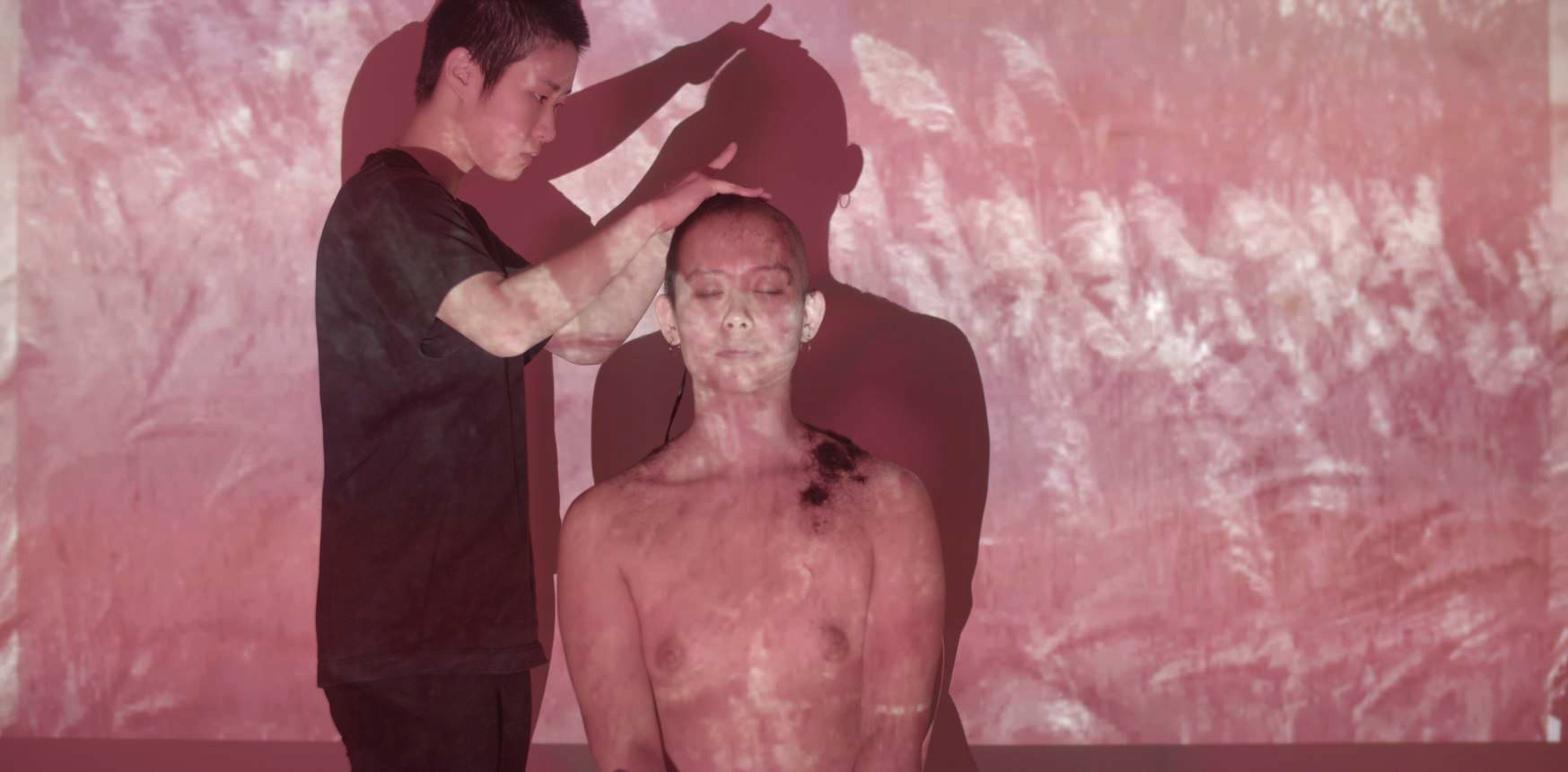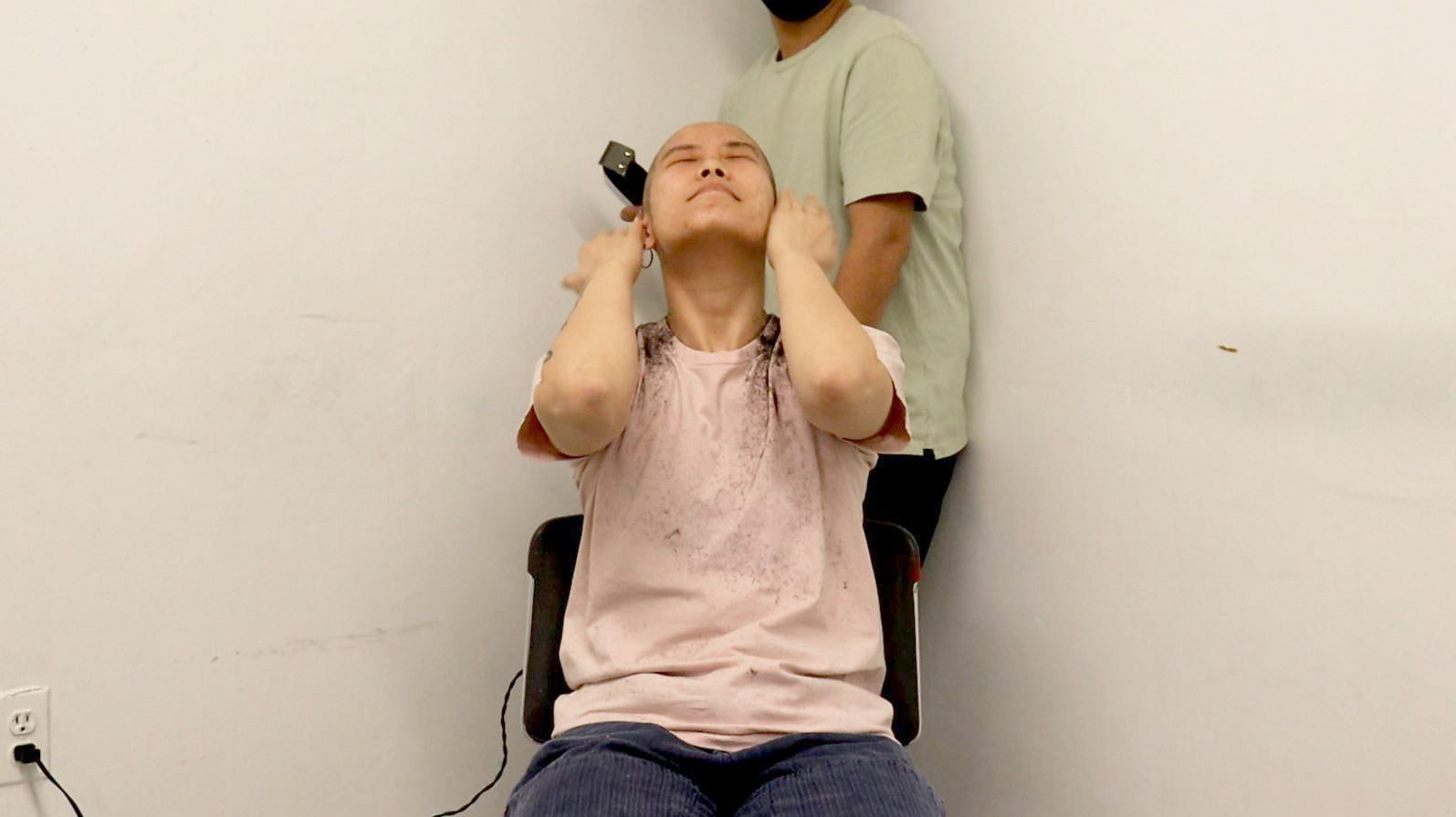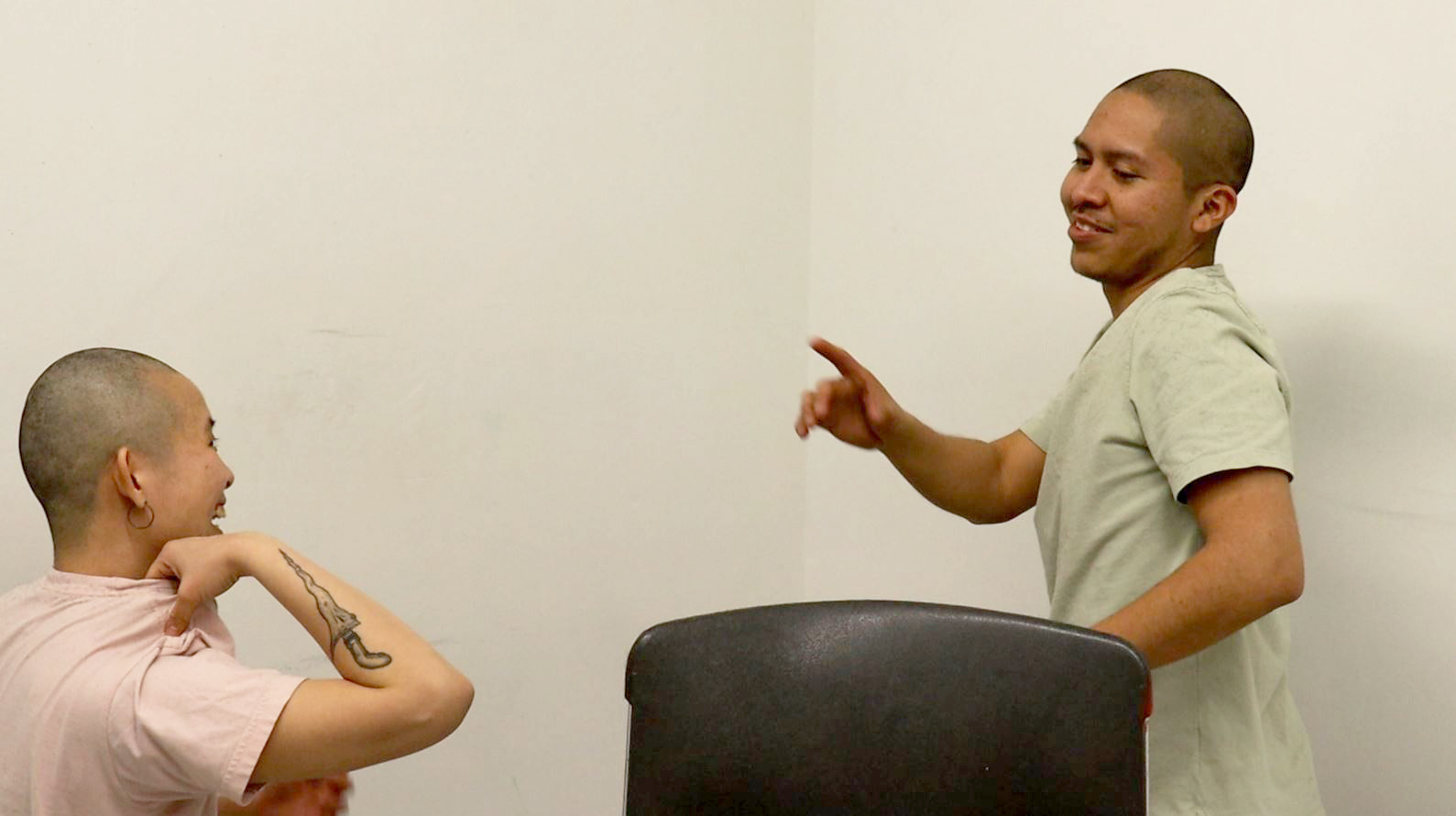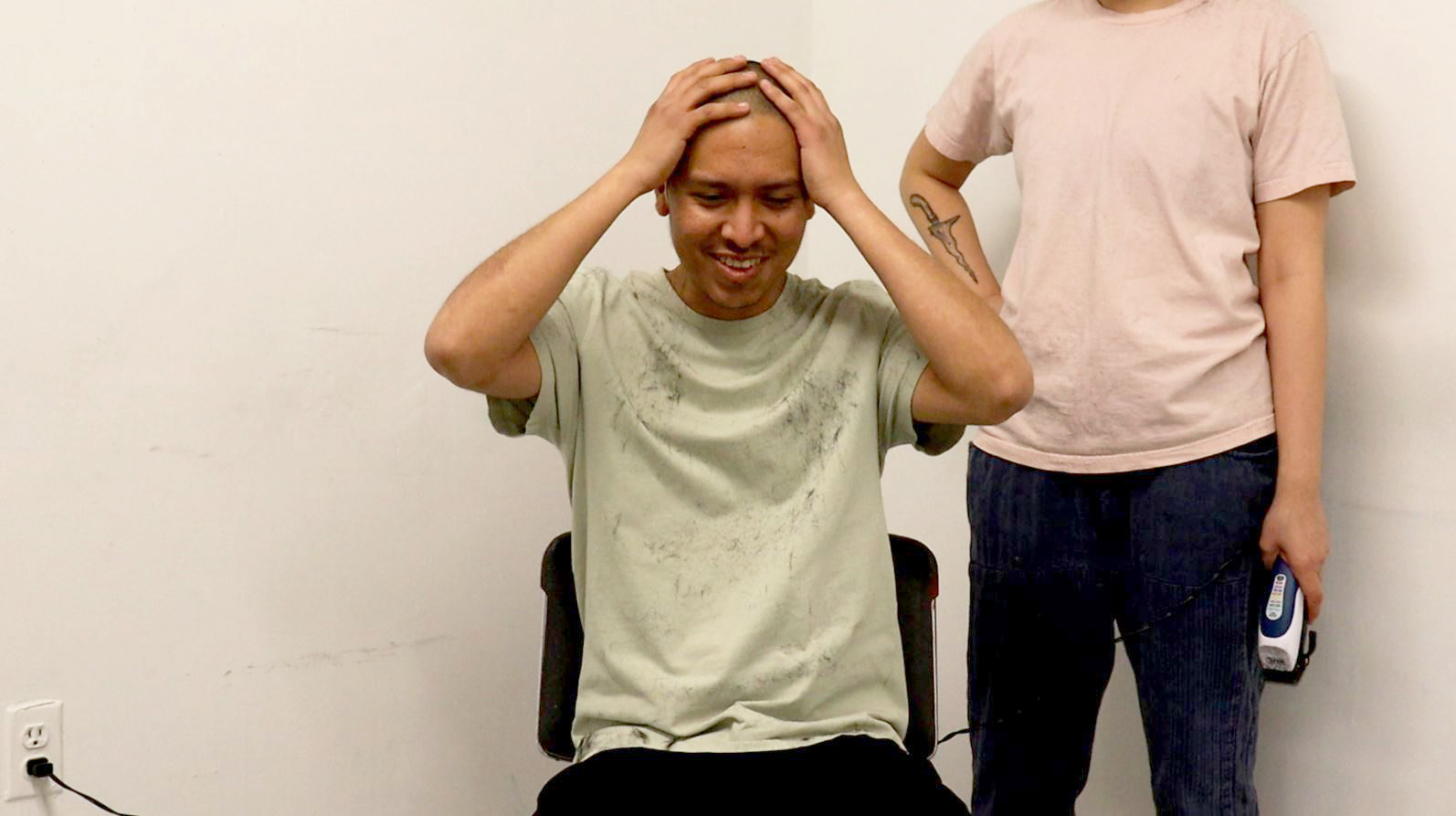Thandi Cai (they/them) is a queer Indonesian Chinese American designer from Memphis, Tennessee who explores storytelling and topics on identity through relationships, textiles, costume, performance art, film, graphic design, and print media. At the center of their interdisciplinary practice is a desire to steer their community into a future that embraces no nations, gender, or currency.
Cai has received multiple awards for their work in art, design and community engagement. Most recently they were a recipient of the 2020 New Artist Society scholarship, the 2022 Caxton Book Club grant, and Graphic Design USA’s 2022 Students to Watch Award. They have collaborated with several organizations internationally including the Morija Arts Centre, The Hub in Morija, Lesotho Girls in Tech, the Public Housing Authority of Residents in Charlottesville, the White House Kitchen Garden initiative, and the Chinese Historical Society of Memphis and the Midsouth. They have initiated numerous independent publications and initiatives such as The Morija Makers (2018), Stories from Westhaven (2016), and the upcoming Chicago-based independent magazine Tongues (2022).
They received a BS in Architecture from the University of Virginia. In 2016 to 2018 they served as a Peace Corps volunteer in Lesotho. During this time, they gained invaluable experience on how to build trusting relationships and engage in acts of service through art-making to fully embrace an art practice at the intersection of community building, education, and design. They are currently enrolled in the MFA Visual Communication program at the School of the Arts Institute of Chicago where they are immersed in rituals that combine pleasure, play, historical fabulation[1], and the reclaiming of archives.
[1] The term “critical fabulation” signifies a writing methodology that combines historical and archival research with critical theory and fictional narrative. Critical fabulation is a tool that Hartman uses in her scholarly practice to make productive sense of the gaps and silences in the archive of trans-Atlantic slavery that absent the voices of enslaved women. [Wikipedia]




